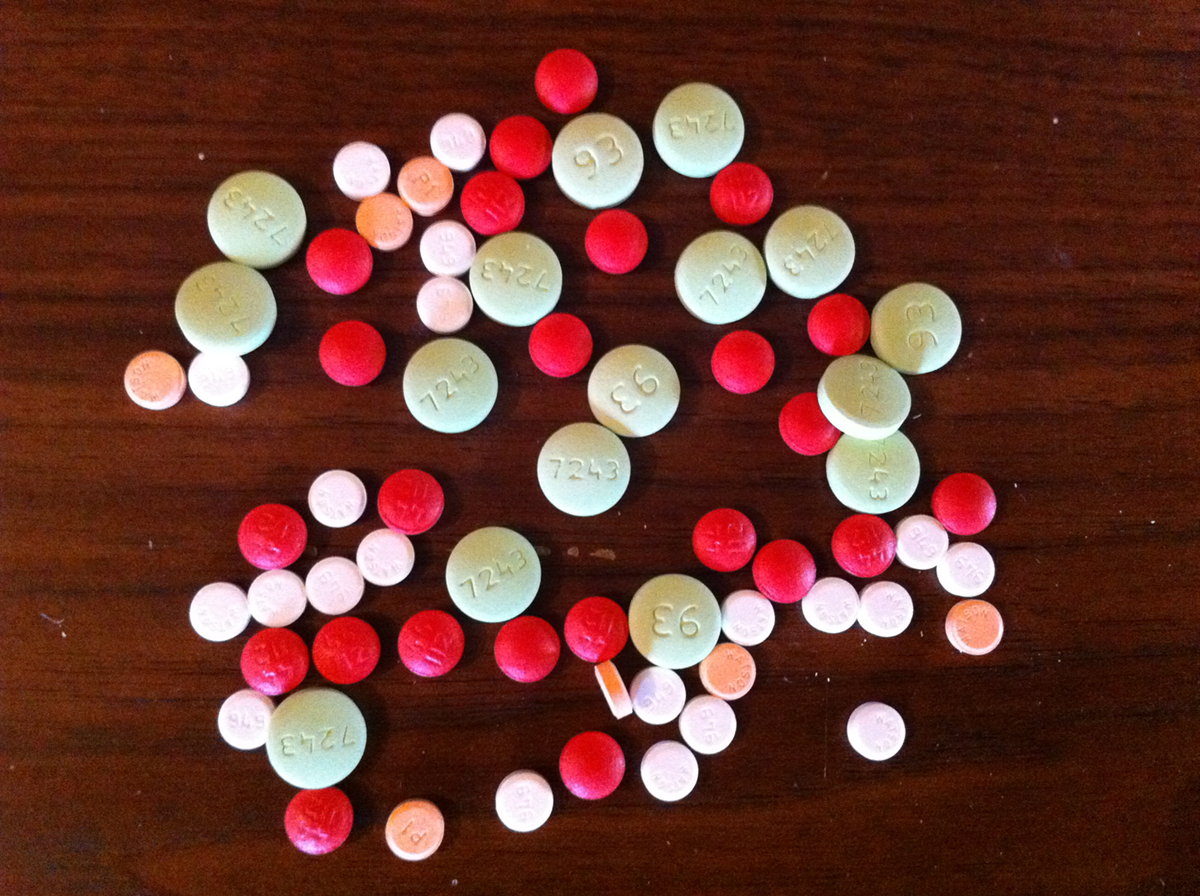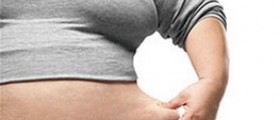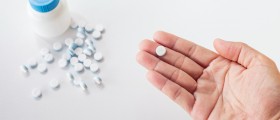
Sulfasalazine
Sulfasalazine (Azulfidine, Salazopyrin) is an anti-inflammatory medication, used to treat inflammatory bowel disease and arthritis (especially rheumatoid arthritis). It is helpful in cases of rectal bleeding, stomach pain and diarrhea in patients suffering from ulcerative colitis and Crohn’s disease.
Sulfasalazine is also proven efficient in cases of idiopathic urticaria, when the antihistamines don’t work.
This medication gets transformed in the body to mesalazine (5-aminosalicylic acid, 5-ASA). This substance is poorly absorbed in the intestines and is responsible for the therapeutic effects of sulfasalazine.
Usage of sulfasalazine
This medication should be used with some food or after the meal, to prevent the possibility of stomach problems. Drink enough of fluid every day with the tablets. Do not chew the coated tablets, because it may irritate the stomach. The liquid form of sulfasalazine should be well shaken before use.
If your condition doesn’t approve within a month of using sulfasalazine, consult your doctor. If you missed a dose, just take another dose the next day or whenever you are prescribed to take it.
Make sure to inform your doctor about all the medications you have been using, including OTC, herbal and homeopathic remedies.
This medication is not meant to treat children younger than 2 years.
Breast feeding mums should consult their doctor about this medication, for it is known that sulfasalazine get excreted into the breast milk.
Side Effects of sulfasalazine
Sulfasalazine is known to cause stomach problems, usually nausea, vomiting and diarrhea. Patients could also experience headaches, dizziness, sleepiness or sleeping problems. These problems usually disappear when the body adjusts to the drug. If symptoms last for more than couple of days or get worse you should consult your doctor.
Sulfasalazine may affect the color of the urine, causing orange to brown coloration. You should inform the doctor about the symptom, and it will disappear shortly after the medication is stopped.
Sulfasalazine may cause easy bruising, which is also a symptom to be reported to the doctor.
This medication may also cause sensitivity to the sun, so it might be the best to keep away from the direct sunlight and avoid sun beds and sunlamps while using sulfasalazine. Also, use protective clothing and sunscreen when going outside.
Allergic reactions to sulfasalazine are rare. Symptoms usually include rash, swelling, itching, breathing difficulties and dizziness. Any of the symptoms may indicate the allergic reaction to this drug and you should ask for medical help.
Serious adverse effects are rare, but some of the patients using sulfasalazine have reported Stevens-Johnson syndrome, liver problems and different blood issues. Skin rash, yellowing of eyes or skin, changes of urine color, abdominal problems, tiredness, and fever should be reported to your doctor.
Interactions
Some medications interfere with sulfasalazine and may cause the decrease of the therapeutic effects. Be especially careful and report to your doctor if you are using any of these medications: methotrexate, Cyclosporine, warfarin, diabetic drugs, phenytoin, non-steroidal painkillers (NSAIDs), folic acid, digoxin or oral PABA.
Also, if you are using the contraceptive pill, consult your doctor, because sulfasalazine may decrease the efficacy of the pill.

















Your thoughts on this
Loading...